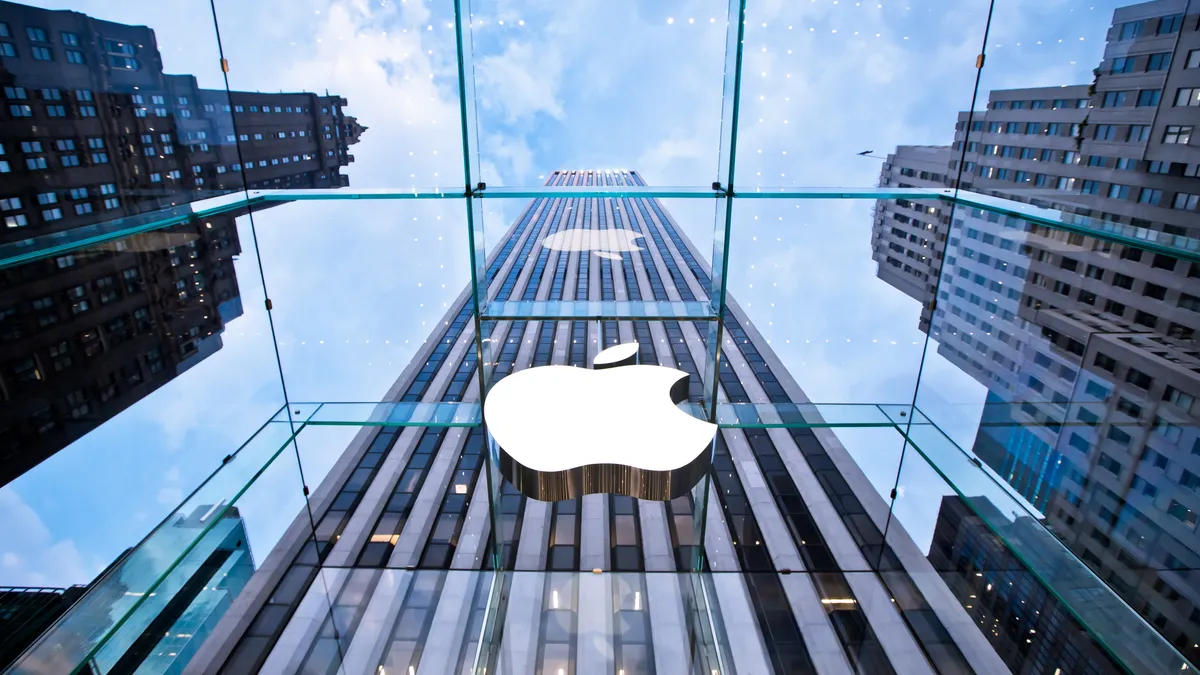Dive Brief:
- Tuesday, a Californian federal magistrate judge ordered Apple to help the FBI access an iPhone belonging to Syed Rizwan Farook, one of the San Bernardino attackers. In December, Farook and his wife, Tashfeen Malik killed 14 people in the California attack.
- The judge ordered Apple to craft a new version of its iPhone operating system that could allow the FBI to quickly guess a locked phone's password without locking them out of the phone for having too many incorrect guesses, also known as a "brute force attack."
- In response, Apple's CEO Tim Cook released an open letter opposing the order, which, he said, has far reaching implications in the ongoing debate over encryption and privacy.
Dive Insight:
The main issue at stake is precedent. Apple thinks that giving in to the judge's orders sets all tech companies on a slippery slope that challenges the future of consumer privacy.
"Compromising the security of our personal information can ultimately put our personal safety at risk. That is why encryption has become so important to all of us," Cook said in his letter.
Cook emphasized that Apple has cooperated with the FBI during their investigation into the San Bernardino attack, including providing data. But, authorities have asked Apple "for something we simply do not have, and something we consider too dangerous to create," Cook said. "They have asked us to build a backdoor to the iPhone."
But, the White House said, the court order only asks for access to a single device. The judge is not ordering Apple to create a backdoor for access in its operating system, according to Josh Earnest, a White House spokesman. Earnest also said that the administration fully supports the FBI and the Justice Department.
Apple insists that once a solution like this is created, the technique could be employed on any number of devices. "In the physical world, it would be the equivalent of a master key, capable of opening hundreds of millions of locks — from restaurants and banks to stores and homes," Cook said. "No reasonable person would find that acceptable."
It is not clear, as The Intercept points points out, whether Apple can accomplish what the judge is asking it to do, by developing an update to stop a phone from erasing its data after 10 failed password attempts before then allowing the FBI to conduct a brute force attack to unlock the phone.














